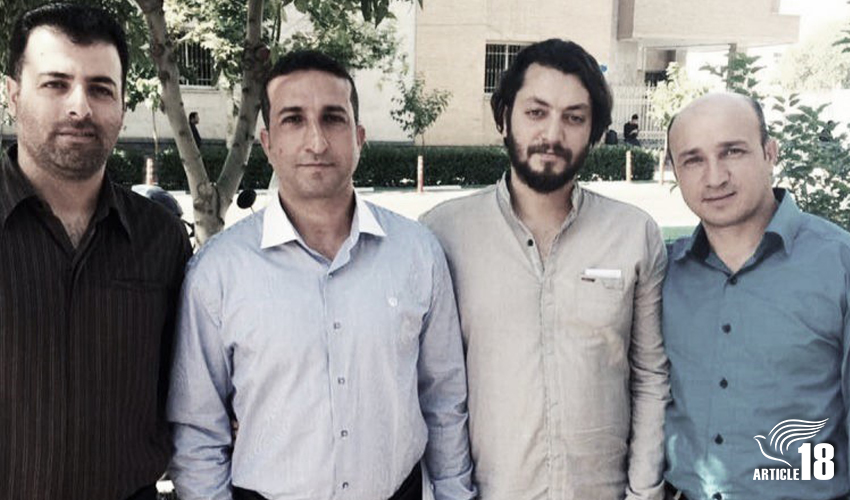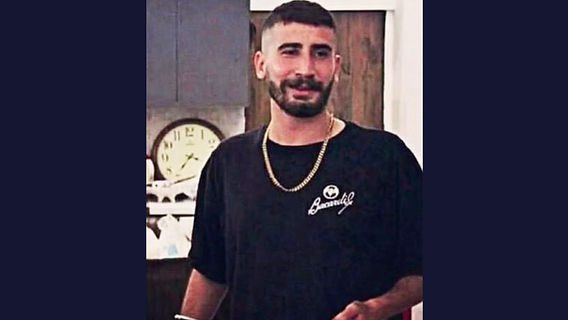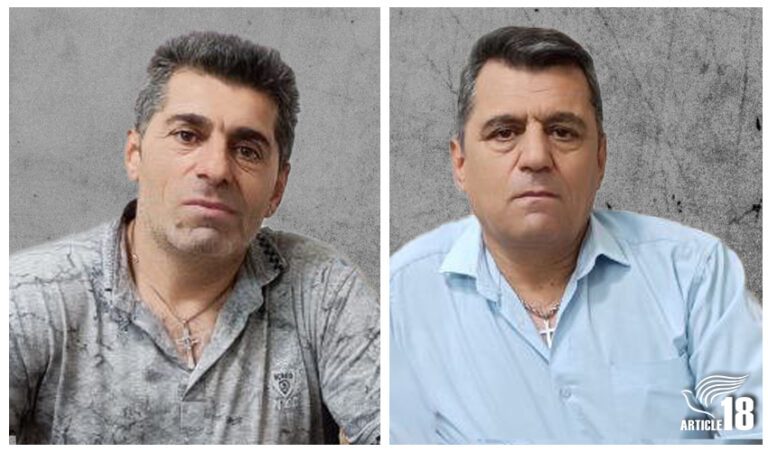
Mohammad Ali (Yasser) Mossayebzadeh, who was serving a 10-year sentence as a result of his membership of a house-church, has been granted conditional release from prison.
It is understood that his release is dependent on him having no further interaction with other Christians, nor engaging in any Christian activities.
Article18 understands that Yasser’s 10-year sentence – on charges of “forming a house church” and “promoting Zionist Christianity” – was reduced to three years during a court hearing last month, and that he was subsequently released from prison on Monday, 22 February.
Having begun his sentence in July 2018, Yasser’s release comes a few months ahead of schedule, and it is understood he was pressured to recant his faith in order to secure an early release.
However, little else is known about his situation, as during his imprisonment Yasser distanced himself from the three fellow converts alongside whom he had been sentenced and incarcerated: Yousef Nadarkhani, Mohammad Reza (Youhan) Omidi, and Zaman (Saheb) Fadaie.
All four men belonged to the same house-church in Rasht, northern Iran, and all were given 10-year sentences, though last year the sentences of the other three men were also reduced: Yousef and Saheb’s to six years, and Youhan’s to two.
Youhan was released from prison in August 2020 and is now serving an additional two years in exile in Borazjan, western Iran. He and Saheb were also flogged last year in relation to a separate conviction for drinking wine with Communion.
Saheb and Yousef remain in prison, having decided not to appeal for conditional release because to do so they would have to commit to engage in no further Christian activity, which is not something they are willing to do.
But Yasser’s case highlights the grave challenges facing Christian converts in Iran following their arrest, interrogation and imprisonment, as they are routinely pressured to renounce their faith to regain their freedom.
Many bravely withstand such pressures, but it is little wonder that others may find the challenge too great.
Whether or not Yasser recanted his faith, it ought never to have been demanded of him.
For the Iranian judiciary to frequently make such demands of Christian converts is a gross violation of their right to freedom of religion or belief, as enshrined in Article 18 of the International Covenant of Civil and Political Rights, which Iran has ratified, without reservation, and is therefore legally obliged to uphold.
Just yesterday, Article18 reported that Iran has been found guilty of arbitrarily detaining Yousef Nadarkhani, and within the petition that led to the guilty verdict it was noted that the pastor “was offered leniency if he renounced his religion, and while imprisoned in Lakan Prison, Government agents attempted to convert him to Islam”.
It added: “Authorities also attempted to pressure Mr. Nadarkhani into renouncing his faith by arresting his family member.”
Such pressure goes against not only the international conventions to which Iran is a signatory, but also Iran’s own constitution, which states in Article 23 that: “The investigation of individuals’ beliefs is forbidden, and no-one may be molested or taken to task simply for holding a certain belief.”
Article18 calls on the Iranian government to adhere to its national and international obligations in this regard, and on the international community to make human rights concerns, including religious freedom, a central pillar of all political or economic dealings with Iran.




0 Comments
Trackbacks/Pingbacks